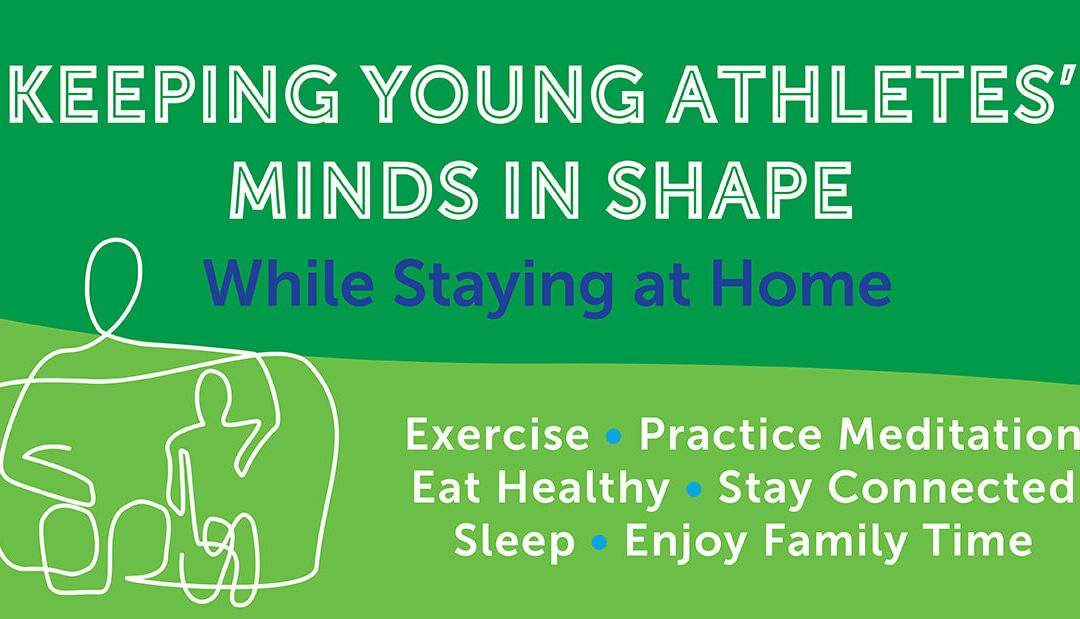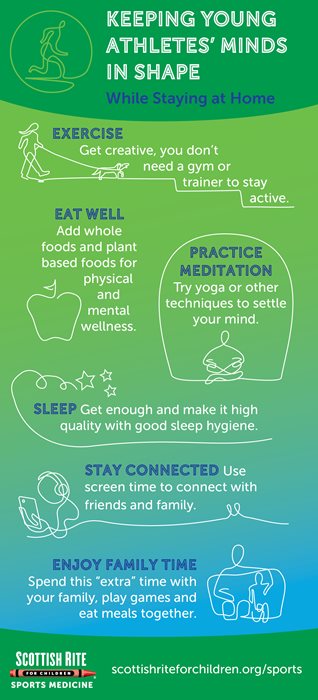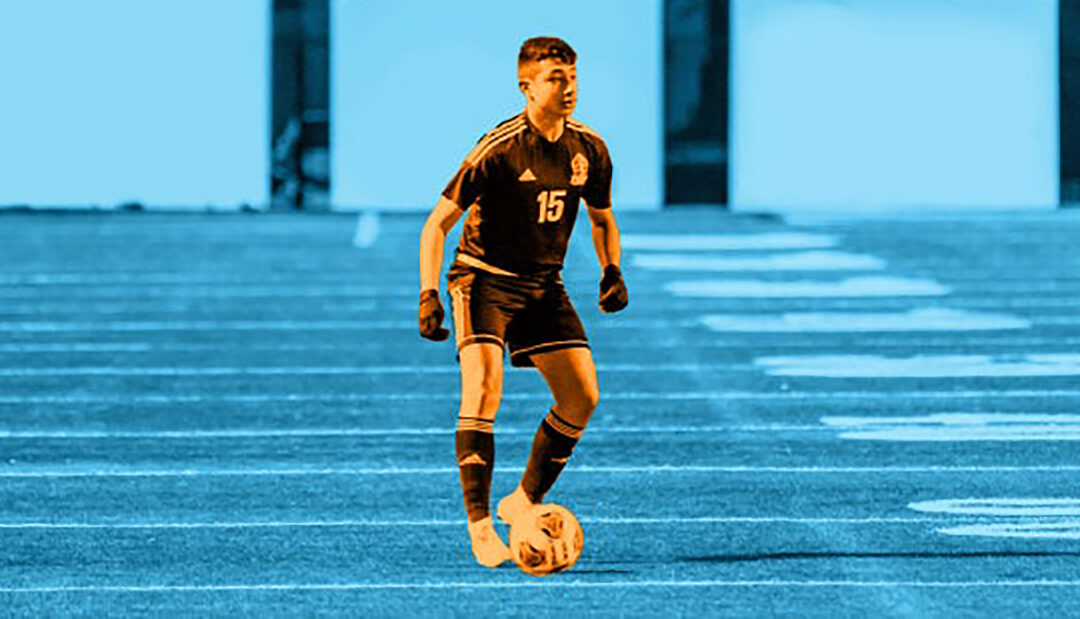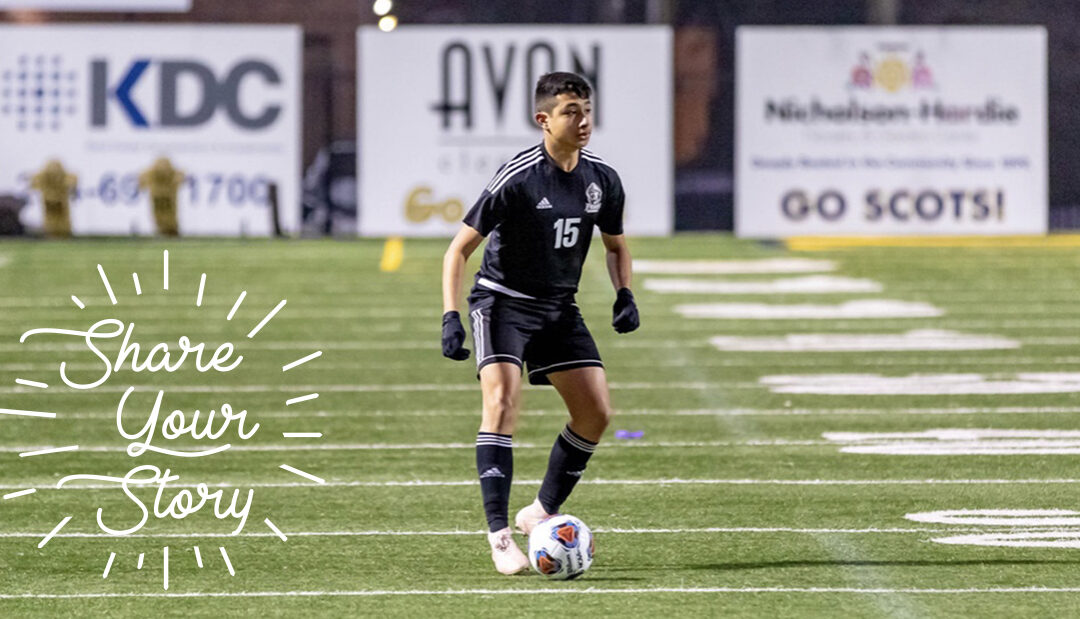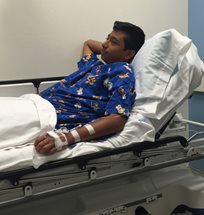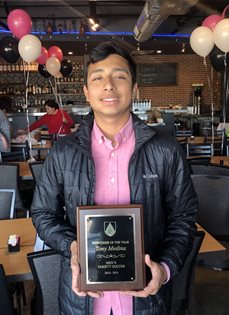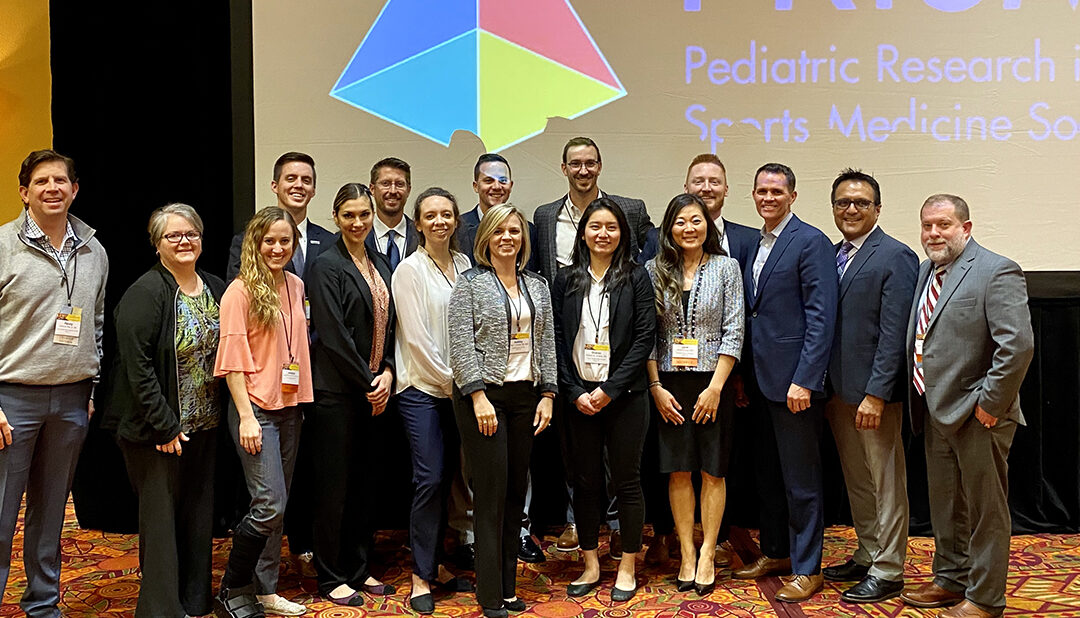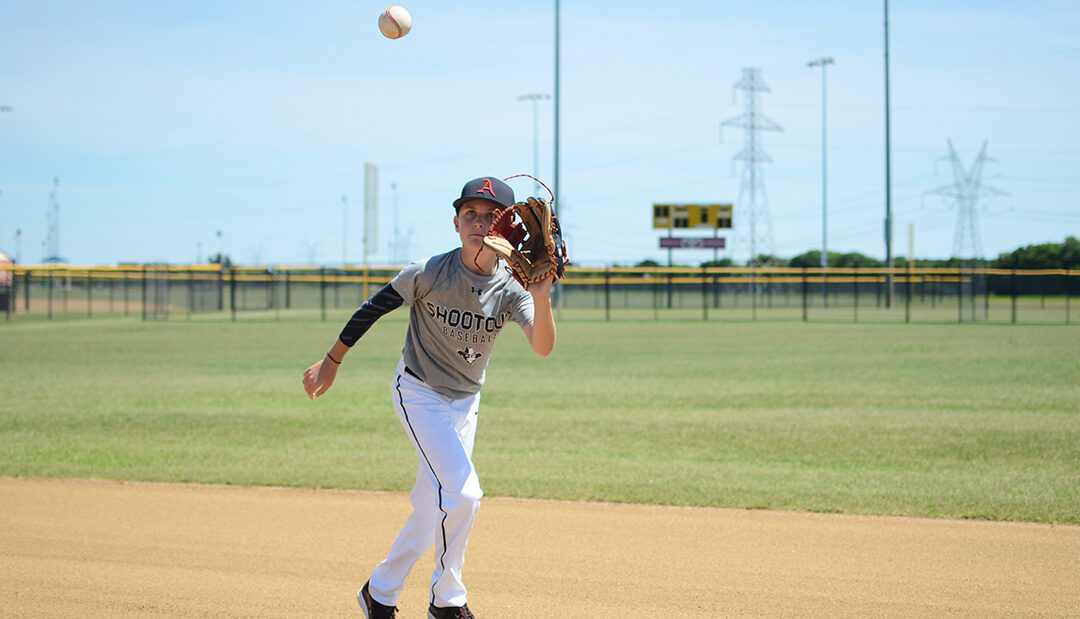
Keeping Athletes Fueled: Five Strategies Coaches and Parents Should Encourage in Young Athletes
Team training looks different in the summer, especially in the current environment. Want to give young athletes some good advice while they are working out on their own? Here are five winning strategies to help the team show up for the season strong, sharp and ready to play. Together, these will prevent dehydration, boost energy levels and maintain the athlete’s lean muscle, all promoting good habits and a decreased risk of injury. You have our permission to copy and paste these tips into communications with your team!
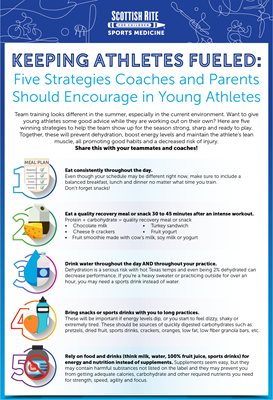
- Eat consistently throughout the day. Even though your schedule may be different right now, make sure to include a balanced breakfast, lunch and dinner no matter when what time you train. Don’t forget snacks!
- Eat a quality recovery meal or snack 30 to 45 minutes after an intense workout. Protein + carbohydrate = “quality recovery meal or snack.” Examples include:
- Chocolate milk
- Cheese & crackers
- Turkey sandwich
- Fruit yogurt
- Fruit smoothie made with cow’s milk, soy milk or yogurt
- Drink water throughout the day AND throughout your practice. Dehydration is a serious risk with hot Texas temps and even being 2% dehydrated can decrease performance. If you’re a heavy sweater or practicing outside for over an hour, you may need a sports drink instead of water.
- Bring snacks or sports drinks with you to long practices. These will be important if energy levels dip, or you start to feel dizzy, shaky or extremely tired. These should be sources of quickly digested carbohydrates such as: pretzels, dried fruit, sports drinks, crackers, oranges, low fat, low fiber granola bars, etc..
- Rely on food and drinks (think milk, water, 100% fruit juice, sports drinks) for energy and nutrition instead of supplements. Supplements seem easy, but they may contain harmful substances not listed on the label and they may prevent you from getting adequate calories, carbohydrate and other required nutrients you need for strength, speed, agility and focus.

